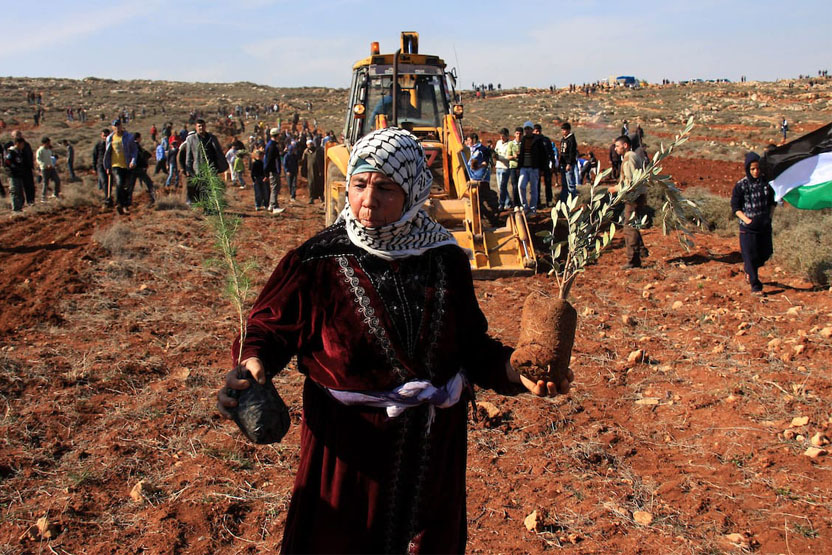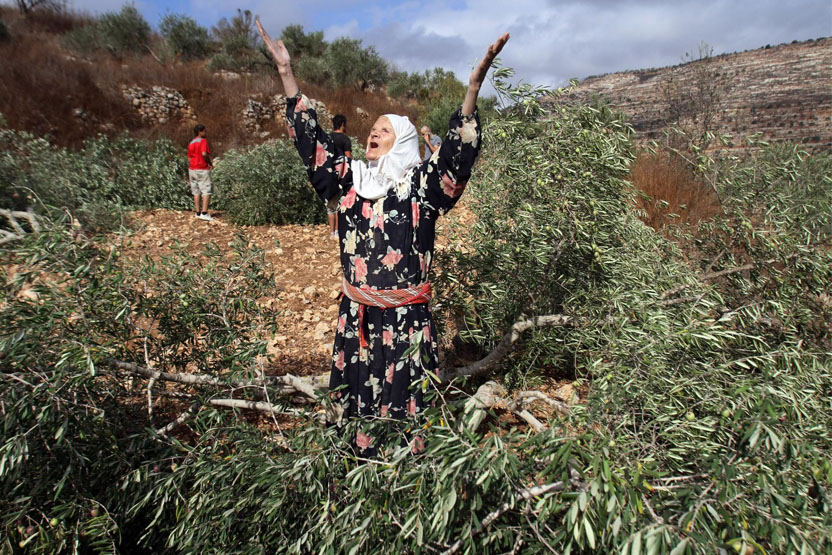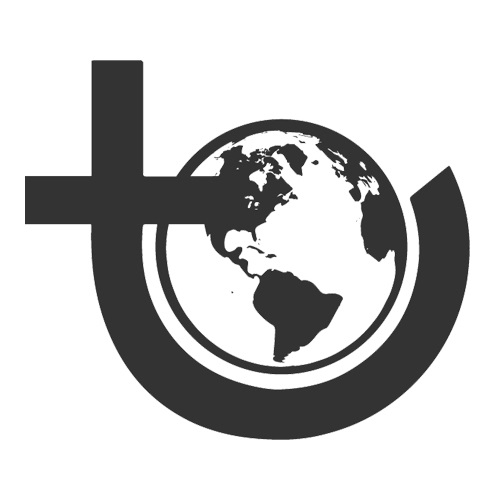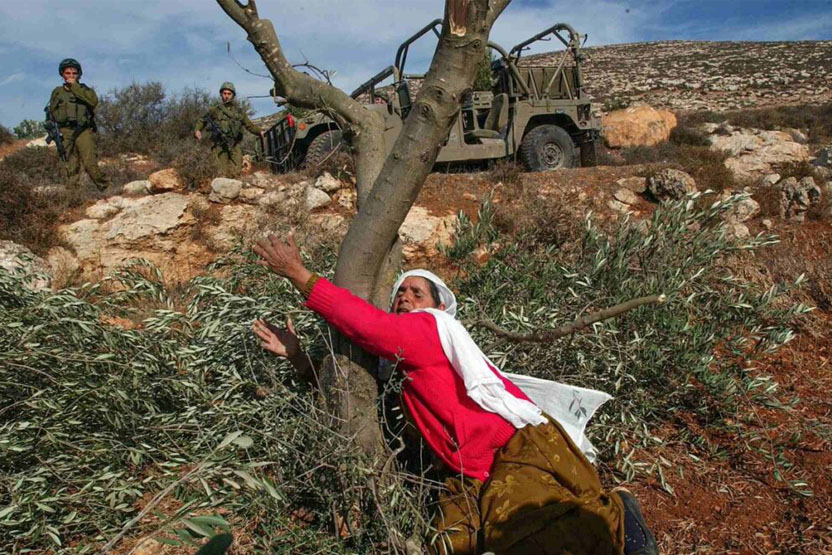August 9: A Living Memory of Rooted Peoples

August 9, the International Day of the World’s Indigenous Peoples, is a reminder that the oppression of First Peoples is far from over. It continues—sometimes in new forms—often disguised as progress, development, or security. Whether they live in the rainforests of South America, the Arctic regions, or the mountains of Asia, Indigenous peoples share a vital, physical, and spiritual bond with the land—a bond that colonial logics have relentlessly threatened, disrupted, or destroyed. In this context, Palestine should be viewed not only as an occupied territory, but as one of the most powerful symbols of the rift between the logic of colonial dispossession and the unwavering connection of a people to their land.
For Indigenous peoples, the land is not a commodity to be owned or a space to be exploited. It is an extension of the self, a living memory, a subject of love, care, and struggle. This ontological relationship to land directly clashes with colonial epistemology, which relies on a rigid separation between humans and nature, on the appropriation of territories, their rationalization, and commodification. In Palestine, this clash takes on an especially visible form in daily life: in the uprooting of an olive tree, the destruction of a field, the construction of a wall. Israeli colonization, like all colonial enterprises, is not merely a military occupation; it is a reconfiguration of space, a rupture of history, an attempt to sever the intimate ties between a people and their soil.
Palestine: Ecology of Memory, Resistance of the Land
In his writings, Edward Said repeatedly emphasized the centrality of the land in the Palestinian imagination and resistance. He spoke of the orange groves of Jaffa, the olive trees on the hills of Jerusalem, the flat-roofed stone houses—not as mere landscape features, but as silent witnesses of cultural continuity and unbreakable belonging. To destroy a tree in this context is not a neutral act; it is an attempt to erase memory, to uproot a people from their geographic identity. Conversely, replanting an olive tree or cultivating threatened land becomes a sovereign act, a gesture of rooted resistance.
Today, Palestinians embody—just like many other Indigenous peoples—a form of ecological struggle that predates modern environmentalism. Defending the land in this context is not only about protecting an ecosystem, but about preserving a way of life, a worldview, and a non-exploitative relationship with the environment. In the West Bank, entire villages continue practicing traditional agriculture despite restrictions, land seizures, and water cuts. Youth organizations plant trees, restore terraced fields, and revive ancestral knowledge. All of this reflects a deep commitment to the land—not as nostalgia, but as a vision for the future.
Palestinian Indigenous Communities Remain Deeply Connected to Nature—a Bond the Occupiers Aim to Break
In Palestine, returning to the land is not merely a return to roots; it is an active form of resistance against erasure, a reassertion of existence in the face of dispossession. Replanting olive trees after Israeli army or settler-led uprooting campaigns is not just agricultural labor—it is a profoundly political act, rooted in collective memory. Living in tents on threatened land, planting the same seeds as past generations, restoring stone terraces, and teaching youth traditional farming practices—all of this constitutes an ecology of resilience. By choosing to remain tied to their land despite occupation, checkpoints, bypass roads, and territorial fragmentation, Palestinians assert that land cannot be reduced to a map or a property title. It is story, continuity, dignity. Against a colonial logic that seeks to erase nature as a witness of Indigenous presence, nature becomes a medium for storytelling, transmission, and living resistance.

One of the Tools Used by the Colonial Regime to Sever Palestinians’ Bond With Nature Is the Systematic Uprooting of Their Olive Trees
In this struggle, colonialism often cloaks itself in the language of sustainable development, environmental security, or modern resource management. Ecological colonialism manifests in discourses that justify land grabs in the name of reforestation, or the demolition of Palestinian homes under the guise of urban planning. This logic is not unique to Palestine: it can be seen in megaprojects in the Amazon, mining zones in the Congo, and dam constructions along the Nile and the Mekong. All over the world, rooted communities are being pushed to the margins in the name of a future imposed upon them—often at the expense of climate stability, biodiversity, and social justice.
Land, Justice, and a Shared Future
In this context, speaking of Indigenous peoples without mentioning Palestine would be incomplete. And likewise, defending the Palestinian cause without acknowledging its ecological dimension is to miss an essential part of the truth. Climate justice, if it is to be truly just, must include the struggles of peoples for their land, their sovereignty, and their memory. Among them, Palestinians rise—not only as victims, but as agents of an ecology of resistance. An ecology that does not separate humans from nature, but weaves them together in a relationship of care, attention, and dignity.




Comment
Reply